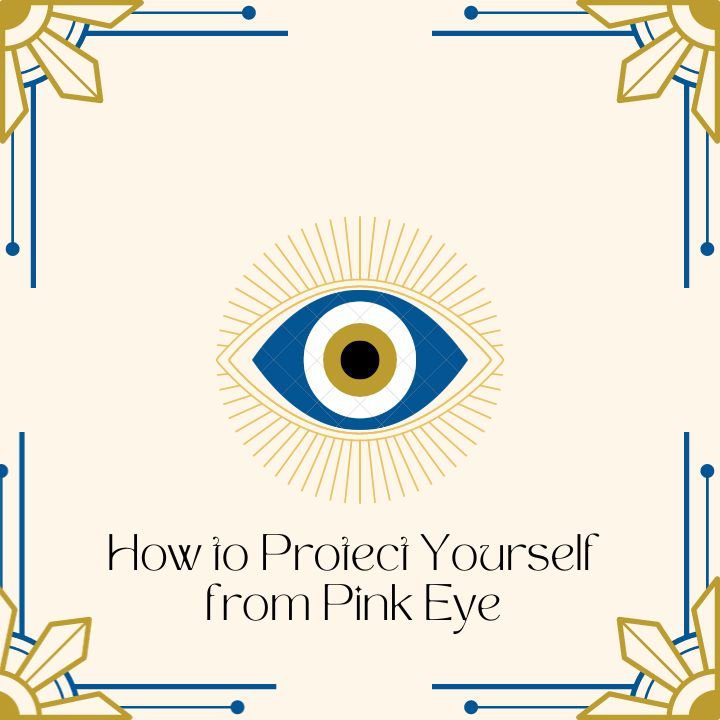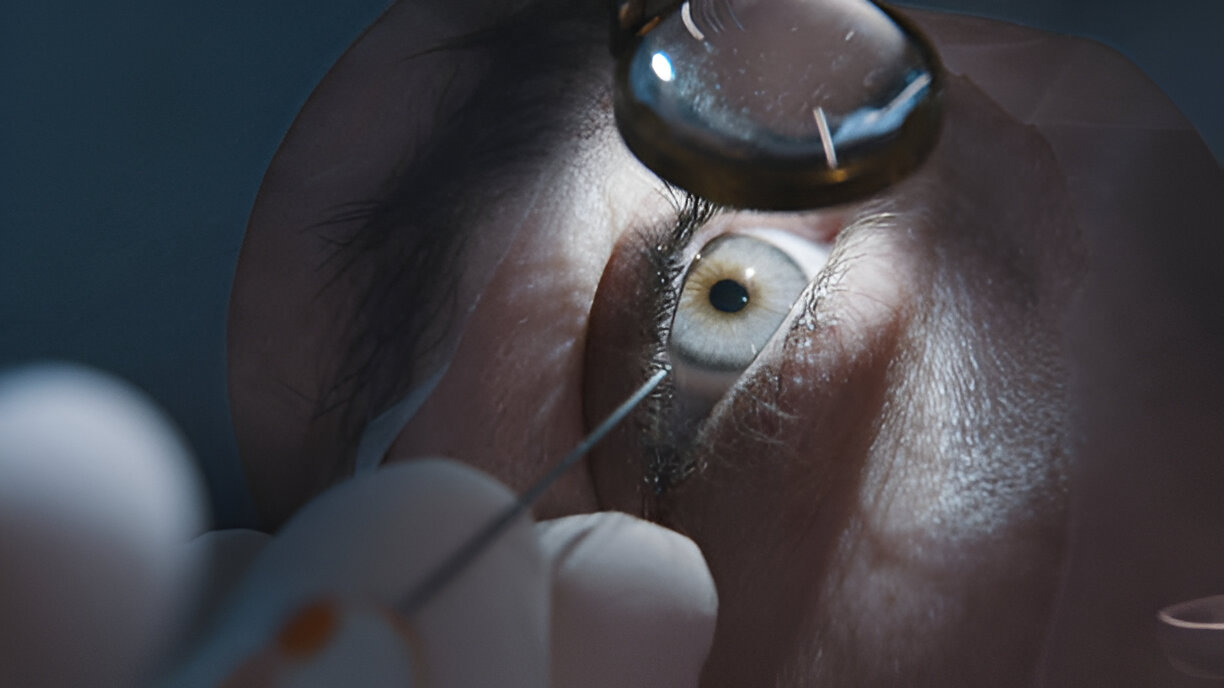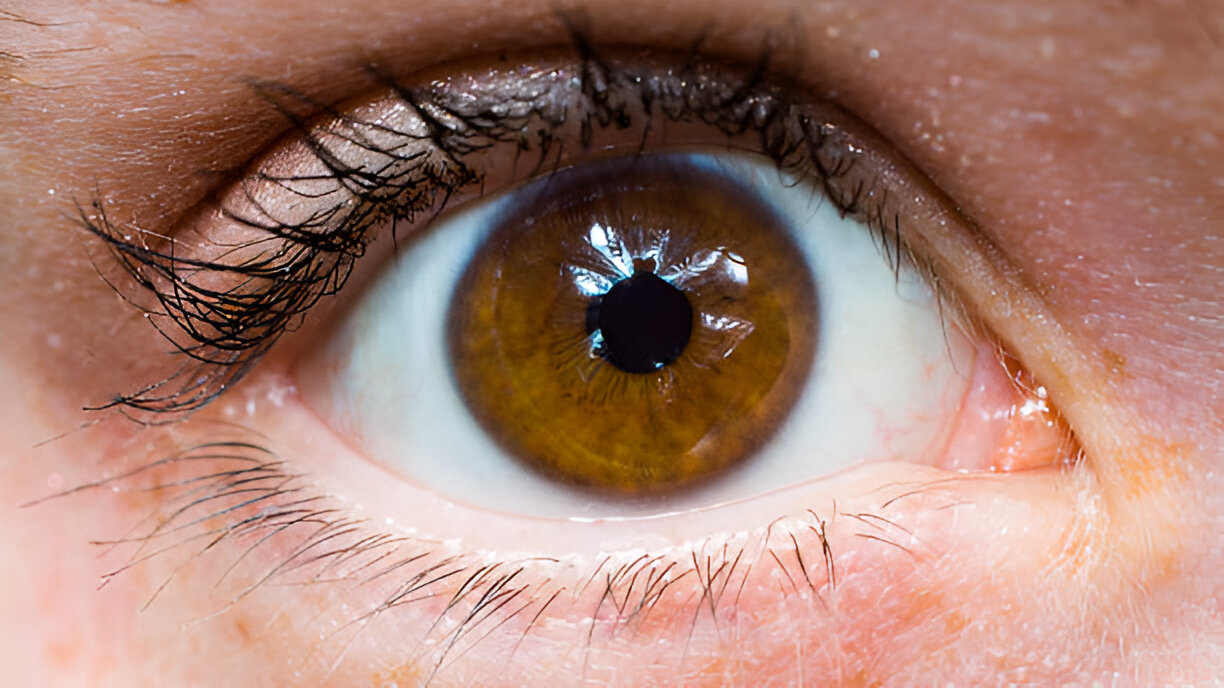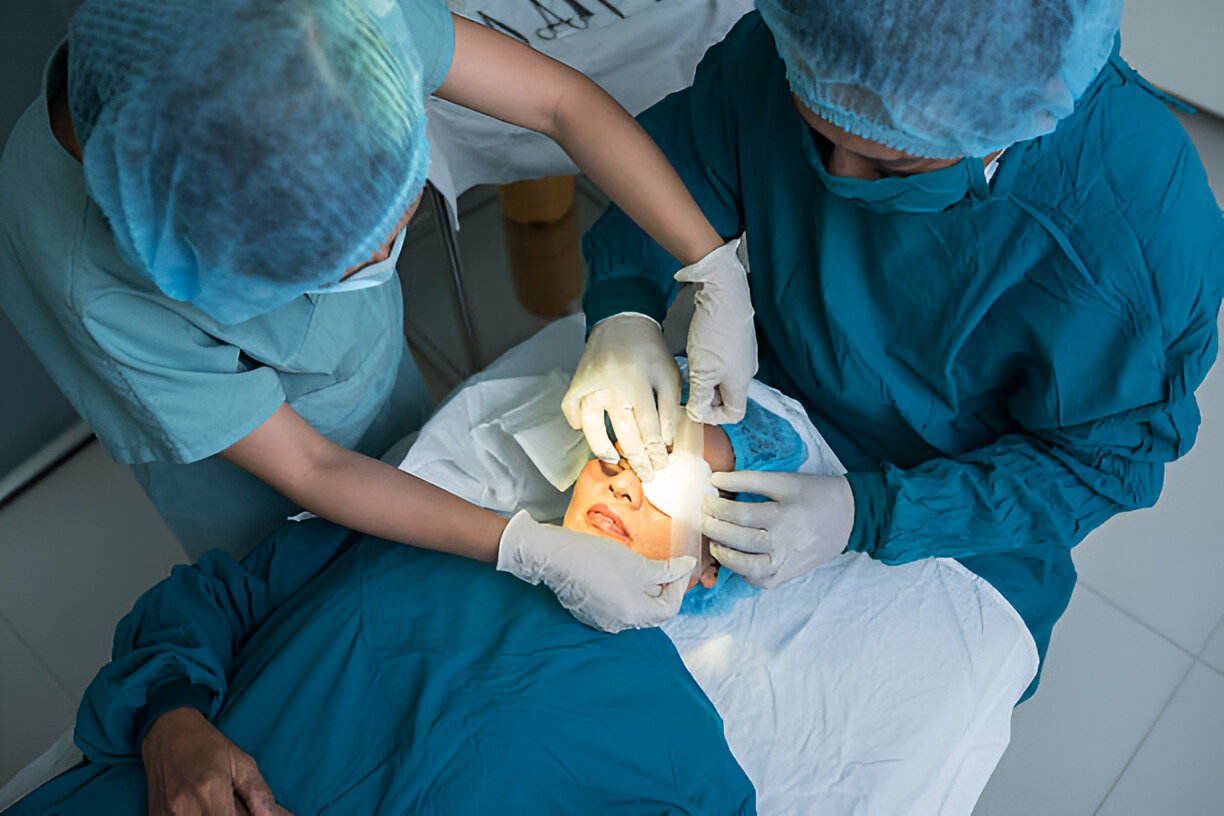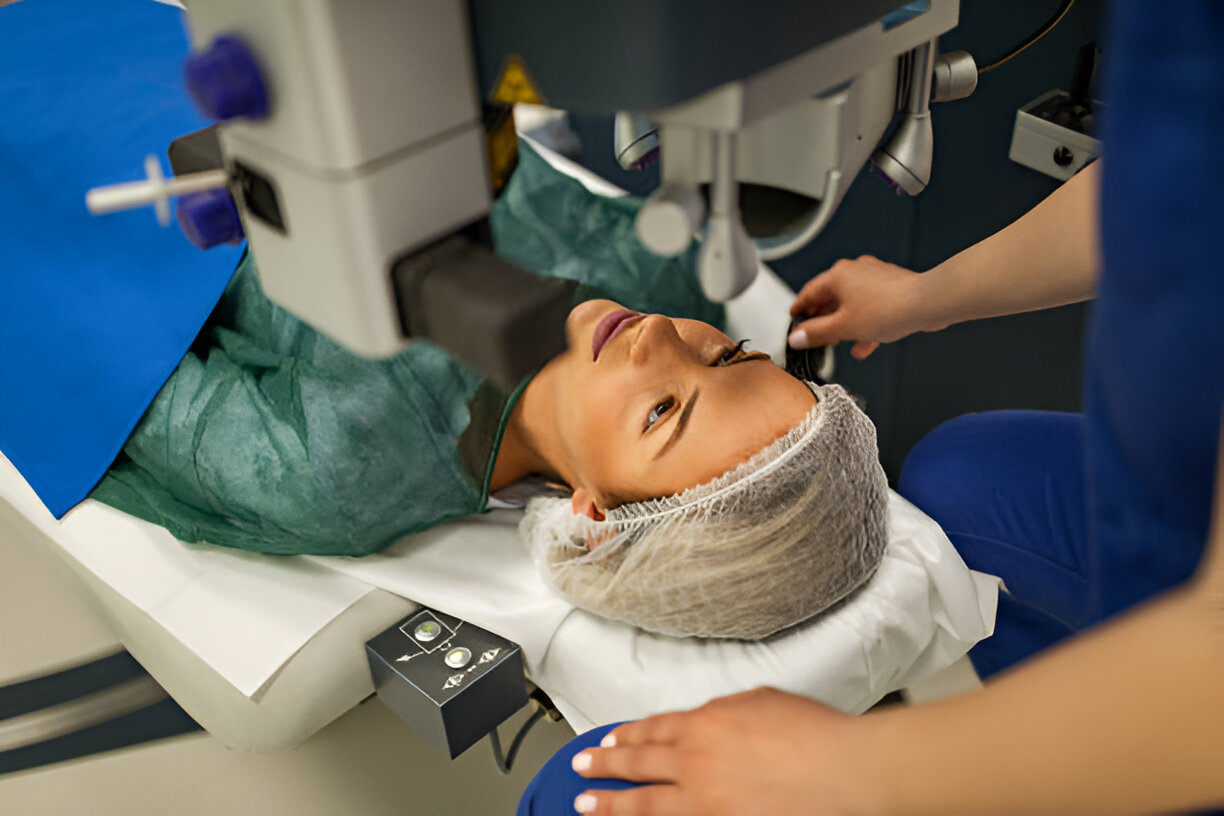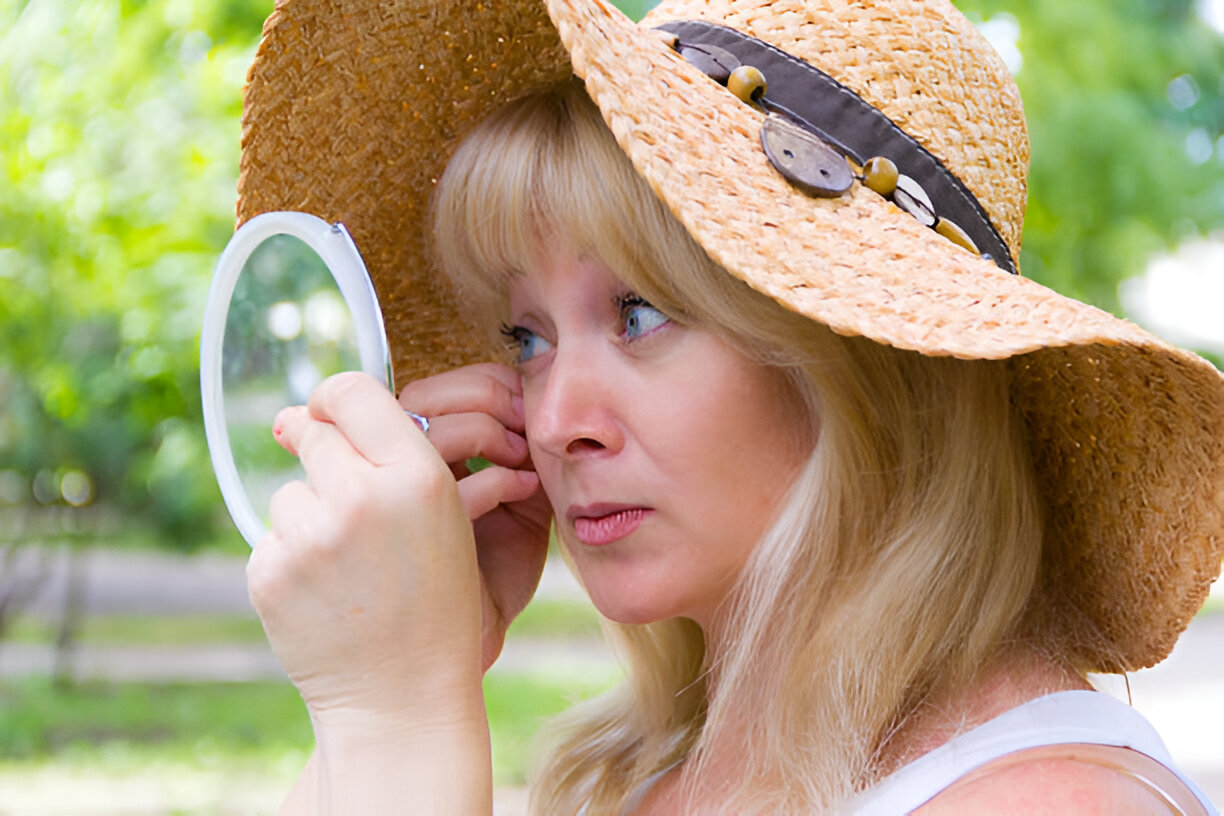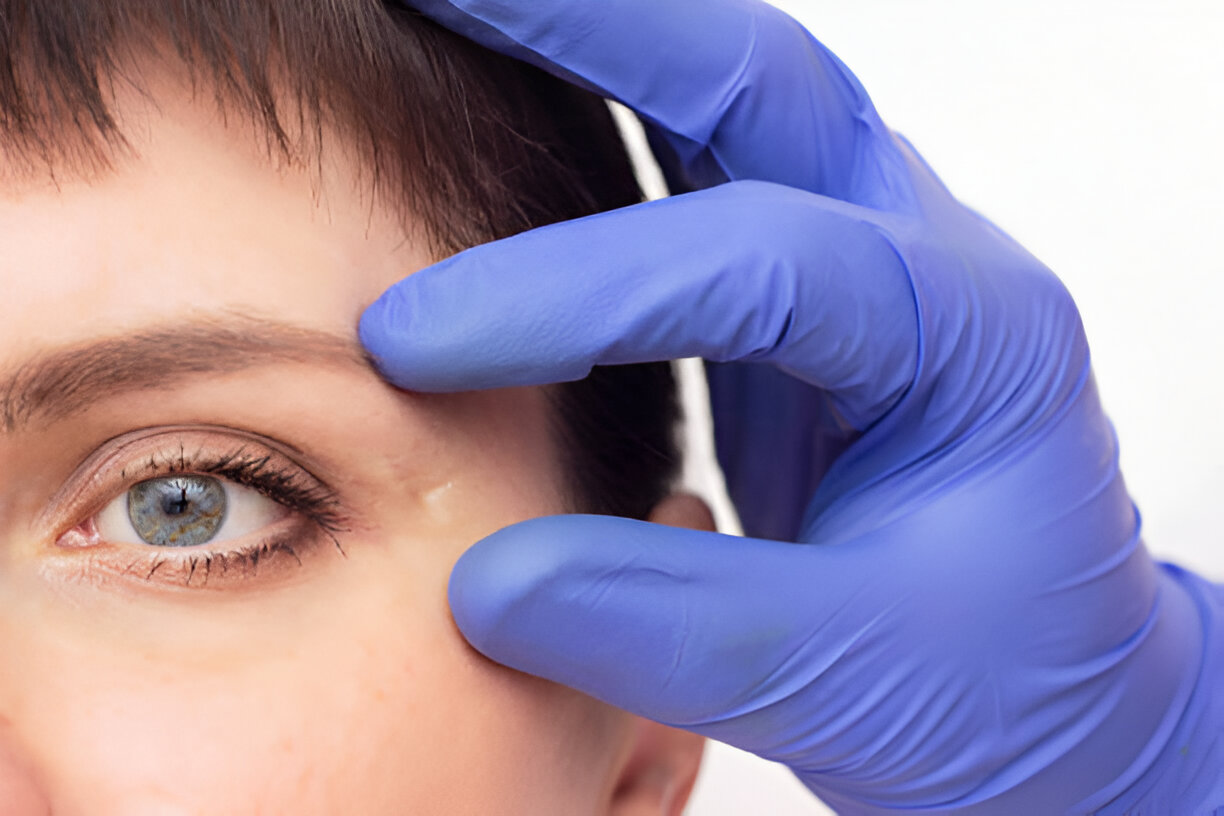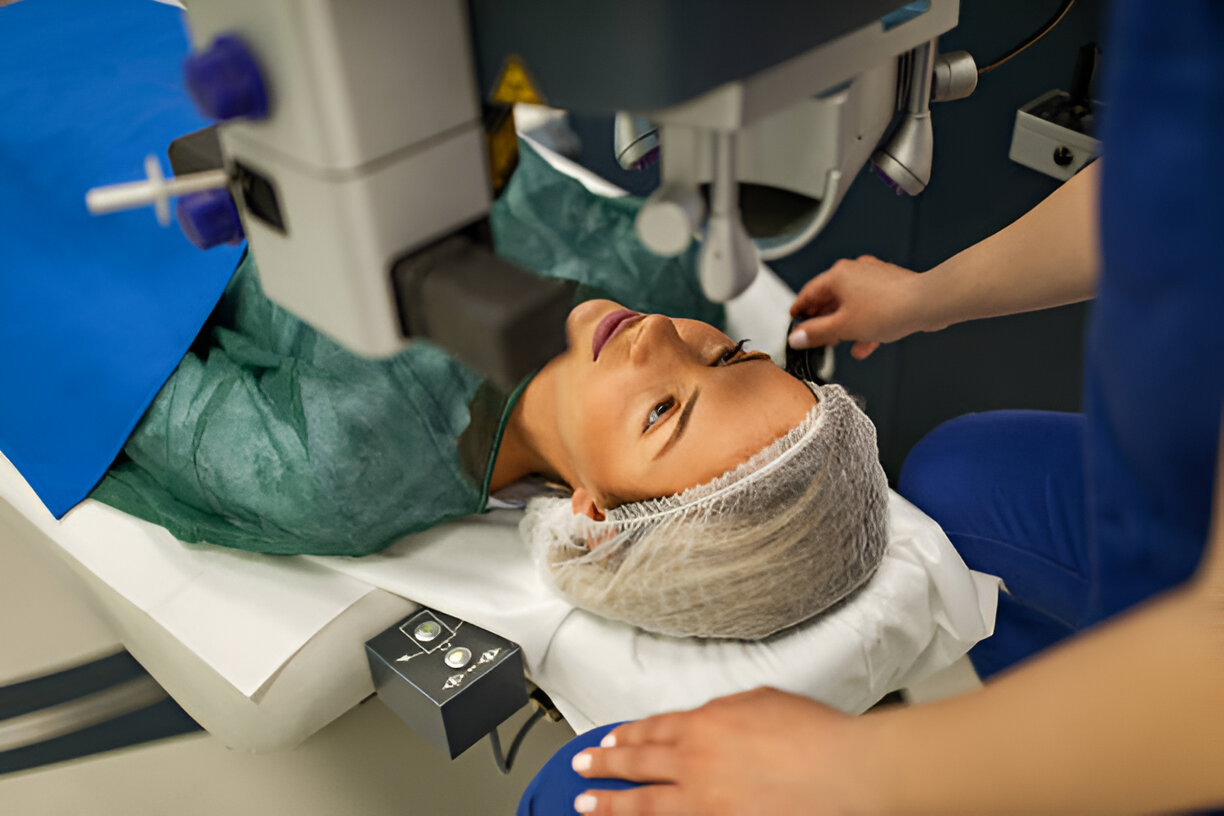Pink eye, medically known as conjunctivitis, is a common eye condition that can cause redness, itching, and discomfort in the eye. It can be caused by a variety of factors, including viruses, bacteria, allergies, and irritants. While pink eye is typically not a serious condition, it can be highly contagious and disruptive to your daily life. To protect yourself and others from pink eye, it’s essential to understand its causes, symptoms, and prevention strategies. In this comprehensive guide, we will explore everything you need to know about pink eye and how to safeguard your eye health.
What Is Pink Eye?
Pink eye is the inflammation or infection of the conjunctiva, the clear, thin membrane that covers the white part of the eye (sclera) and lines the inner surface of the eyelids. This condition can be caused by several factors, including:
- Viral Infections: Viral conjunctivitis is highly contagious and often occurs alongside colds or respiratory infections. Common viruses causing pink eye include adenovirus and herpes simplex virus.
- Bacterial Infections: Bacterial conjunctivitis can result from exposure to bacteria like Streptococcus or Staphylococcus. It is also contagious and can spread through direct contact.
- Allergies: Allergic conjunctivitis occurs when the eye is exposed to allergens like pollen, dust mites, or pet dander. It typically affects both eyes and is not contagious.
- Irritants: Chemicals, smoke, and foreign objects can irritate the eyes, leading to conjunctivitis.
Read More About: Pink Eye Symptoms
Recognizing the Symptoms
The symptoms of pink eye can vary depending on its cause, but common signs include:
- Redness: The whites of your eyes may appear pink or red.
- Itching: You may experience itching or a burning sensation.
- Tearing: Excessive tearing or discharge from the eye is common.
- Swelling: Swelling of the eyelids or conjunctiva can occur.
- Sensitivity to Light: Your eyes may become more sensitive to light.
- Blurry Vision: Vision may be temporarily blurred.
It’s crucial to recognize these symptoms early, as early detection can help prevent the spread of contagious forms of pink eye.
Protecting Yourself from Pink Eye
Protecting yourself from pink eye involves adopting good hygiene practices and being mindful of potential sources of infection or irritation. Here are some key steps to prevent pink eye:
1. Practice Good Hand Hygiene
Most cases of pink eye are spread through direct contact with infected eye secretions or contaminated surfaces. Therefore, proper handwashing is essential. Follow these guidelines:
- Wash your hands frequently with soap and warm water for at least 20 seconds, especially after touching your eyes or face.
- Avoid touching your eyes, nose, and mouth with unwashed hands.
2. Avoid Close Contact with Infected Individuals
If you know someone has pink eye, try to avoid close contact with them until their symptoms have resolved. Pink eye is highly contagious, and close contact can easily lead to transmission.
3. Disinfect Shared Surfaces
If someone in your household has pink eye, regularly disinfect commonly touched surfaces like doorknobs, light switches, and countertops to reduce the risk of spreading the infection.
4. Practice Proper Contact Lens Hygiene
If you wear contact lenses, it’s crucial to maintain good hygiene:
- Wash your hands thoroughly before handling your lenses.
- Follow your eye doctor’s instructions for cleaning and storing your lenses.
- Replace your contact lenses and lens case as recommended.
5. Avoid Sharing Personal Items
Do not share items like towels, washcloths, pillows, or eye makeup with others, as these can harbor bacteria or viruses that may cause pink eye.
6. Protect Your Eyes from Irritants
If you work in an environment with potential eye irritants (e.g., chemicals, dust), wear appropriate protective eyewear, such as safety goggles or glasses, to prevent irritation.
7. Manage Allergies
If you have allergies that trigger pink eye, work with an allergist to identify and manage your allergens. Antihistamines and allergy medications can help alleviate symptoms.
8. Be Cautious in Public Places
In public places, especially during cold and flu seasons, be mindful of shared surfaces like handrails and elevator buttons. Avoid touching your face, including your eyes, in such environments.
Treatment and When to Seek Medical Attention
Most cases of viral conjunctivitis will resolve on their own without treatment. However, bacterial conjunctivitis often requires antibiotic eye drops or ointment prescribed by a healthcare professional.
If you suspect you have pink eye or are experiencing symptoms, here’s what you should do:
- Practice good hygiene: Wash your hands frequently, avoid touching your eyes, and use a tissue or your elbow to cover your mouth and nose when sneezing or coughing.
- Avoid contact: Limit close contact with others, especially in crowded settings, until your symptoms improve.
- Remove contact lenses: If you wear contact lenses, switch to glasses temporarily to prevent further irritation and infection.
- Seek medical attention: If your symptoms worsen or do not improve after a few days, or if you experience severe eye pain, vision changes, or discharge with a green or yellow color, consult a healthcare professional. These could be signs of a more serious eye infection.
Pink eye, while typically not a severe condition, can be uncomfortable and contagious. Protecting yourself from pink eye involves practicing good hygiene, avoiding irritants, and being cautious in public settings. By following these preventive measures, you can reduce your risk of contracting pink eye and help maintain your eye health. If you do experience symptoms of pink eye, seek medical advice promptly to ensure proper treatment and prevent the spread of the infection. Remember that early detection and proper care are essential for a speedy recovery and to protect those around you.
This Guide is Written by Dr-Qasim, one of the Best Ophthalmologist in Dubai.



